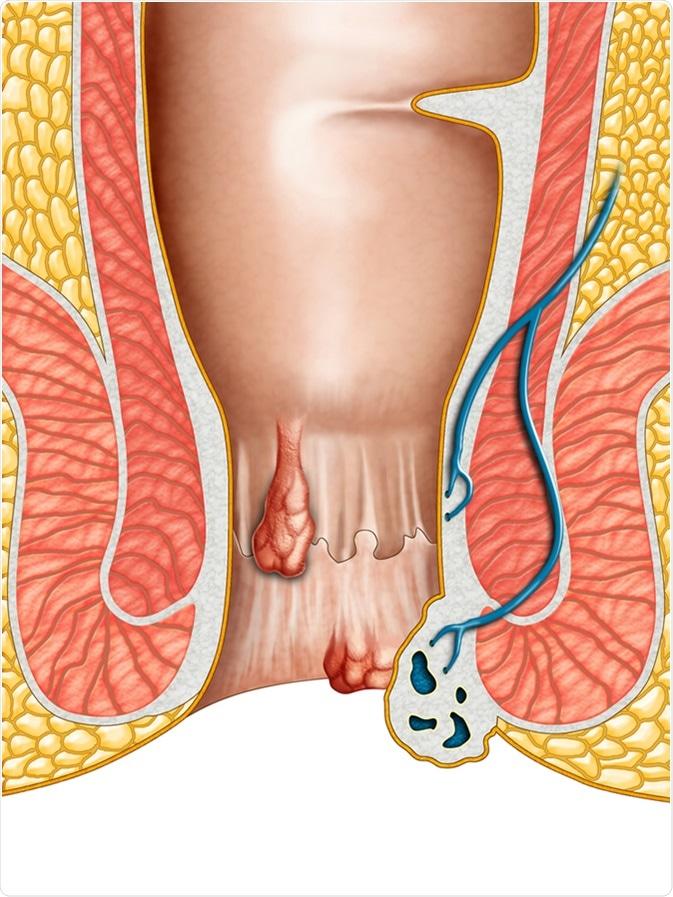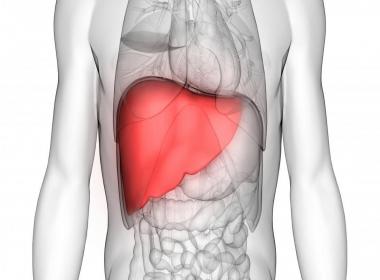Piles are a common condition that most Indians will encounter at some point in their life. Although it is more common among those over 50, Piles can affect anyone of any age, and men are just as susceptible as women. Piles are very painful and make it difficult to sit down. Pain relievers, creams, and other treatments for Piles can provide relief during the acute phase of the problem. There are also several over-the-counter medications you can take to reduce swelling and increase the flow of urine from the body.
There are many treatments available for Piles, depending on the type of your condition and its severity. Hemorrhoid surgery is considered to be the most effective treatment for Piles as it removes the growths from the affected person. There are several medicines and creams that you can use to treat your Piles. Each family has a particular medicine that is recommended by doctors. A combination of some creams and medicines is also used at times.
There’s a good chance that you or someone you know has Piles and doesn’t even realize it. Many people suffer from this common condition without knowing it because it is easy to ignore the problem. However, like other conditions that are not addressed when they first start, Piles can worsen if left untreated. In many cases, there is little to no discomfort associated with Piles, but in others, people may feel a burning sensation or itching as well as discomfort.
What are Piles
Piles are a gastrointestinal disease that is generally suffered by adults between the ages of 45 to 65. Female sufferers outnumber male sufferers two to one. Piles are also commonly found in pregnant women.
How are Piles diagnosed?
Piles are swollen veins located around the anus or in the lower rectum. This can be painful when you have a bowel movement and you need to pass stools. Piles occur due to straining on passing stools and constipation. Symptoms include discomfort, itching, burning, bleeding, and pain during and after bowel movements, as well as swelling around the anus. Piles aren't dangerous, but they can be painful. Several types of medicine are available to treat Piles and their symptoms.
There are many treatment options available to those suffering from Piles, but it’s important to understand the underlying cause of this condition before committing to a course of action. Your doctor or another specialist will be able to rule out any major health concerns and understand your underlying case of hemorrhoid so that a treatment can be prescribed that is right for you. For Know the Wonderful idea for a Fast weight loss diet plan lose 5kg in 5 days Visit Here.
Hemorrhoid treatment options
With over-the-counter (OTC) medicines, home remedies, surgery, and many other treatment options out there for Piles, it can be difficult to know where to begin. This article will deal with the first medicine most doctors prescribe for Piles — OTC pain relievers — and try to decide what works best for you easier by examining the pros and cons of OTC pain relievers.
There are some effective treatments for Hemorrhoids, but prevention is often the best medicine. One of the best ways to avoid piles is to avoid straining during bowel movements. Eat a high fiber diet—plenty of fruit, vegetables, and whole grains—and stay well hydrated.
Best Hemorrhoid Medication
There are many Piles medicines that can be prescribed by a doctor to treat symptoms of Piles. If you’re experiencing the itching and pain that is associated with Piles, your healthcare provider may choose to prescribe an over-the-counter medication (OTC) or a prescription medication. In addition, there are several different medications available for treating piles which each have their benefits and drawbacks.
- Analpram (hydrocortisone ace-pramoxine)
- Pramosone
- Mezparox HC
- Protocol HC
Piles (internal Hemorrhoids) may be treated by many methods, from over-the-counter medications to surgery. Your treatment plan will be determined by your doctor based on your medical condition, response to treatment, age, and weight. The best option for treating piles will depend on several factors, such as your symptoms, what type of piles you have, your level of discomfort and which medication you’re willing to take. We’ll look into these factors in more detail, as well as the medications available to treat all types of piles.
Also read about:
A Step by Step Guide to Obtaining Business Loans in Hyderabad
An Easy Guide Taking Your Business Online
Top Things to Consider When Buying Biometric Authentication












